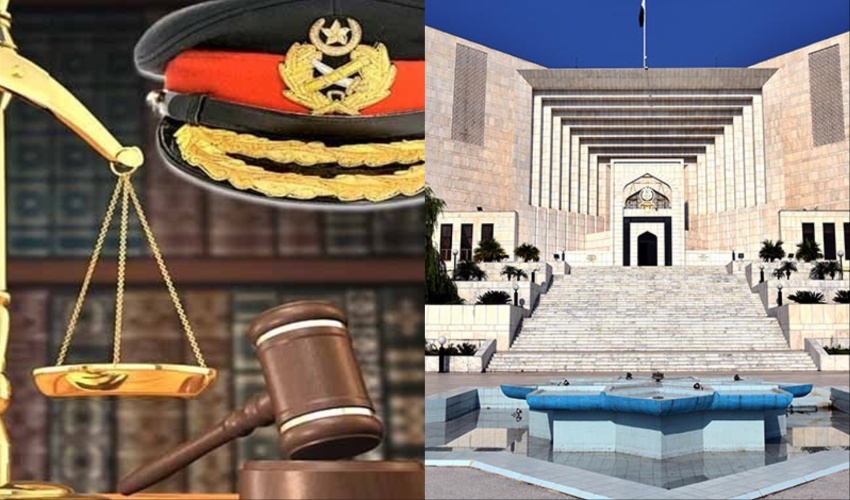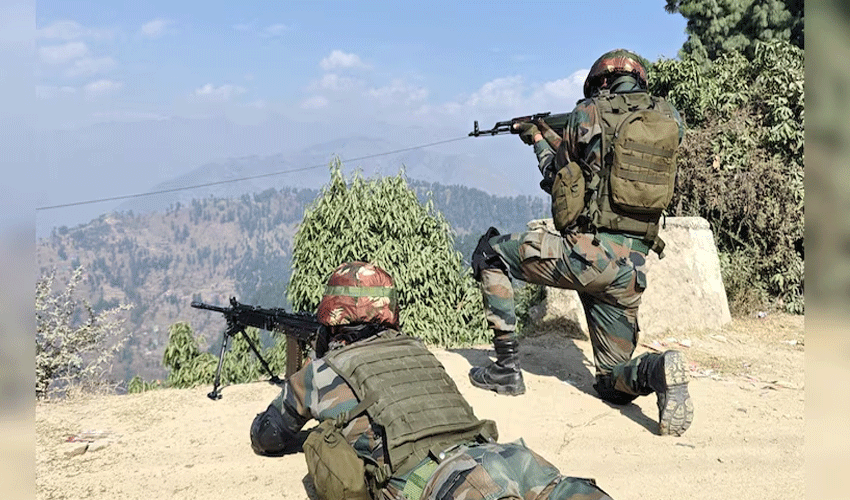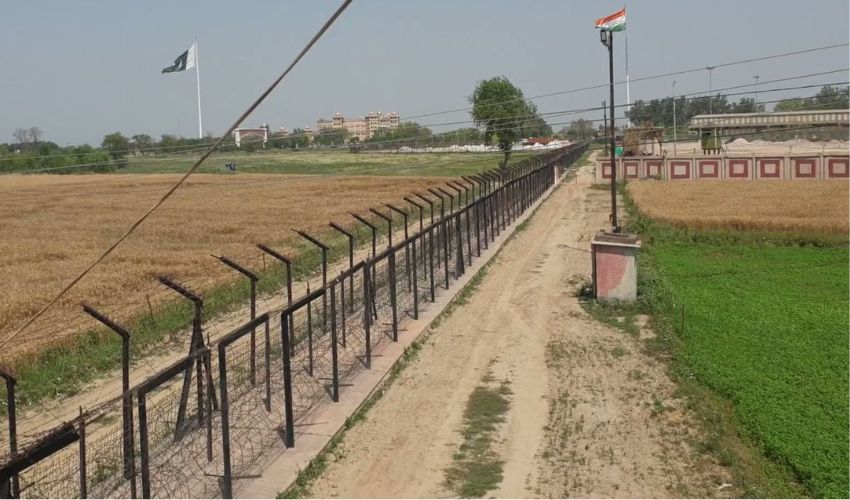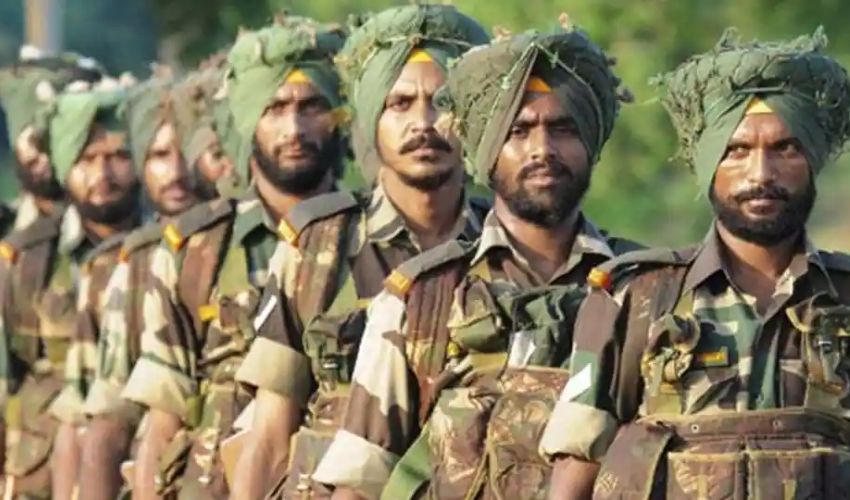Justice Jamal Khan Mandokhel on Monday criticised the government’s handling of the situation, remarking that even if the state believes the civil system has failed, it cannot justify transferring all cases to military courts.
He stressed that the court would decide the matter independently and warned that policymaking could not override constitutional safeguards.
A six-member larger bench of the Supreme Court, headed by Justice Aminuddin Khan, heard an intra-court appeal against the trial of civilians in military courts.
During the hearing, Attorney General Mansoor Usman Awan said he intended to present arguments on three points: the events of May 9, the implementation of assurances given to the court, and the right of appeal for civilians tried by military courts.
Seeking another week's time, the Attorney General explained that consultations with the government could not be completed as decision-makers were preoccupied with the canal issue and the Pakistan-India dispute.
Justice Mandokhel, however, questioned the government’s seriousness, saying that regardless of any policy decision — even one declaring the civil system a failure — the judiciary had to examine the constitutionality of the matter.
He reiterated that it was solely Parliament’s prerogative to amend the Army Act, and warned that ad hoc policies could not determine the fate of fundamental rights.
“However the government wants to define its failures, it cannot divert the constitutional course,” he remarked sharply.
Justice Muhammad Ali Mazhar asked the Attorney General how much time would be needed to present his arguments. The Attorney General assured the bench that he would conclude within 45 minutes. The court was informed that senior counsel Khawaja Haris had already completed his submissions on the legal questions involved.
Granting the Attorney General’s request, the Supreme Court adjourned further proceedings until May 5.
The intra-court appeal relates to the controversial trial of civilians in military courts following the May 9 incidents, raising concerns over civil liberties and constitutional guarantees.



























